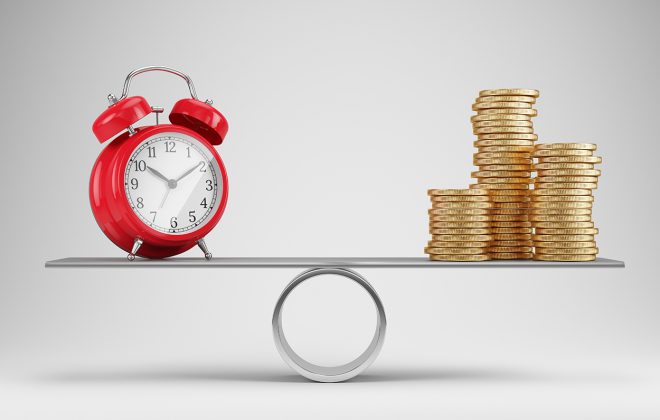Understanding your first payslip
Receiving your first payslip is an exciting but daunting milestone. Your payslip contains lots of important information, and it’s vital that you take the time to understand it. Don’t be afraid to ask your employer any questions relating to your payslip – it’s your right to ensure that the information provided is clear and correct. Here are a few things you should know and consider about your payslip.
Who is entitled to a payslip?
All employees, excluding independent contractors and freelancers, are entitled to a written payslip at or before the time you are paid. A payslip typically includes details of your employer, details of yourself as the employee, details of remuneration (how much you earn) and details of deductions.
The difference between gross pay and net pay
Gross pay is the amount that you actually earn before deductions are taken off your salary. Net pay is the most important figure on your payslip: it is the amount that you will take home after deductions, such as UIF, PAYE and medical aid have been paid by your employer. This amount is what is paid into your bank account.
Understanding deductions
Deductions include everything that’s taken off your salary before you get paid and are made up of compulsory and voluntary deductions. Compulsory deductions include tax and unemployment insurance (UIF), whereas deductions related to benefits like pension, medical aid, life cover and income protection may be mandatory or voluntary, depending on company policy. Other voluntary deductions include donations to charities, gym fees and union fees. It is important to remember that all company’s differ so some may not have the same benefits as others.
What is PAYE?
PAYE is employees’ tax that stands for “pay as you earn”. Your employer will deduct PAYE from your salary on a monthly basis and pay it to SARS on your behalf. The amount of PAYE which you will contribute depends on how much you earn, and is calculated from tax tables issued by yearly by SARS.
What does UIF mean and why do I have to pay UIF?
UIF stands for Unemployment Insurance Fund and is another deduction from your salary that is paid by your employer a monthly basis. You will see a UIF contribution on your payslip, which your employer will automatically deduct from your gross salary. All employees, as well as their employers, are liable for these contributions.
As an employee you pay 1% of your total salary and your employer pays another 1% of your salary to the fund every month. If you become unemployed after contributing to the UIF, or your company does not pay for maternity leave, you will have the right to claim from the UIF. Click here for more info on UIF.
Should I keep my payslip?
It is important for you to hold onto your payslip in order to keep a record of your salary details, and to double check your pay. Your payslip will also come in handy when applying for a bank account, loan, place to rent or buy and visa applications.
Spend it all or save? What must I do with my first salary?
The excitement of earning your own money may entice you to embark on a spending spree, but you should think carefully about where your salary will go each month. Draw up a budget to determine what your fixed and flexible expenses are. It’s also important to start saving as soon as possible. Consider setting up a savings account and deposit a fixed amount of money into it or set up a monthly debit order so that you aren’t tempted to spend it.
MoneyShop




